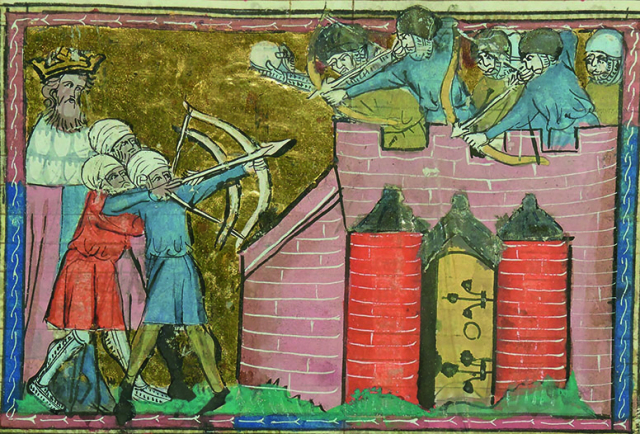Crusade in Crisis: the Siege and Battle of Antioch, 1097–98
Historian article

On 28 June 1098, the forces of the First Crusade marched out from the great north Syrian city of Antioch to do battle with Karbugha, the Muslim ruler of Mosul. The odds were not in their favour: not only was the Muslim army vastly superior in size, but the crusaders had endured a gruelling eight-month siege in capturing Antioch, suffering death, disease, famine, and thirst, and were almost at breaking point. Defeat here would almost certainly have brought the entire venture to a close. And yet the crusaders achieved a startling victory, one several contemporaries suggested had borne witness to divine intervention on earth through the appearance of a saintly army of warriors who charged forth against the Muslim enemy. Even for those a little less willing to weave tales of heavenly hosts, the fact that the battle had gone the crusaders’ way was enough to prove God’s favour for the expedition. As a reward for their penitent suffering, endurance, and faith, God granted them glory and opened the way south towards Jerusalem, which would be taken a little over a year later. Put simply, Antioch was the crusade’s proving ground...
This resource is FREE for Historian HA Members.
Non HA Members can get instant access for £2.49

